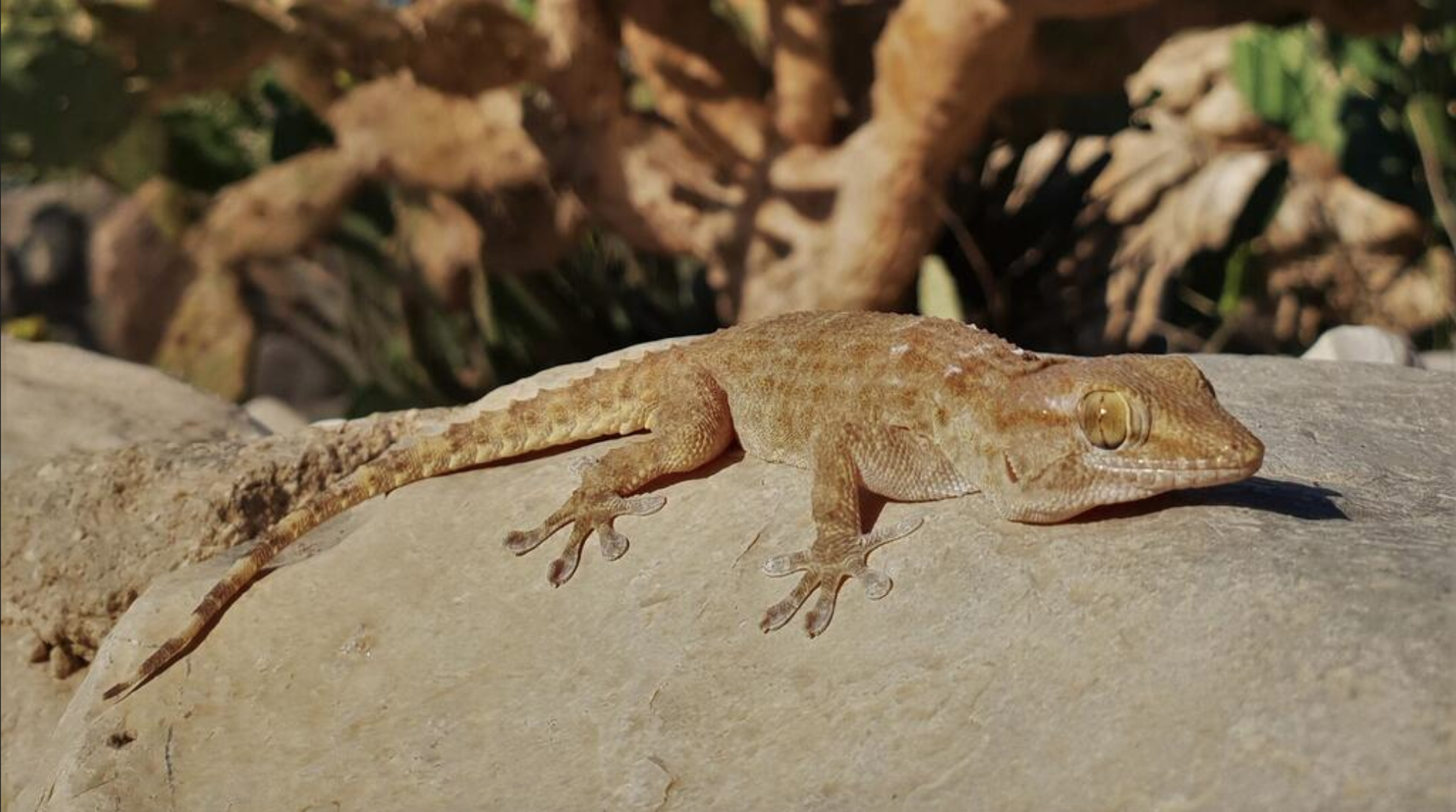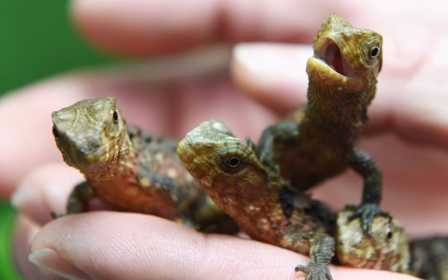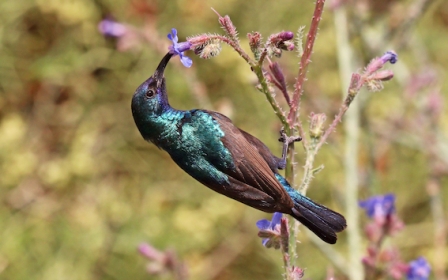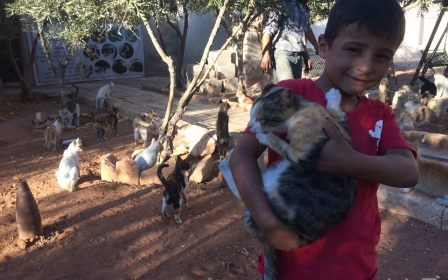Egyptian gecko invasion forces Israel to declare emergency

The Israel Nature and Parks Authority (INPA) says it is seeking help from residents of Wadi Araba following an invasion of Egyptian geckos, which have spread across the Dead Sea basin region and are multiplying at an alarming rate.
The geckos - a type of lizard - are considered to be disruptive to the local ecosystem and have been seen devouring crops. Israeli authorities are hoping locals will be able to locate the creatures.
“If you have areas with street lights or any other type of light that attracts insects, or areas where you might see an Egyptian gecko, please photograph it with your phone and share it with us,” Israel’s environment protection ministry said in a statement.
The Egyptian gecko is often characterised as being particularly fearsome for a gecko. It has, on occasion, been known to eat small birds.
"The Egyptian gecko can eat anything it is able to overcome. In North Africa, it was recorded eating a gerbil. It also eats other geckos and arthropods and is a potential danger to anything that lives in its habitat and is smaller than it," said Shai Meiri, a zoologist at Tel Aviv University.
Al Jazeera questioned the Israeli environment ministry's statement, referring to the gecko as a "small reptile" and asking if it really looked capable of "devouring a gerbil".
"Israeli news reports sparked ridicule on social media, after warning of the spread of the Egyptian gecko and its danger to the ecosystem," the report read.
Israeli authorities have reportedly been unable to determine how the species travelled to Wadi Araba, which has led to them seeking help from locals.
This article is available in French on Middle East Eye French edition.
Middle East Eye delivers independent and unrivalled coverage and analysis of the Middle East, North Africa and beyond. To learn more about republishing this content and the associated fees, please fill out this form. More about MEE can be found here.




